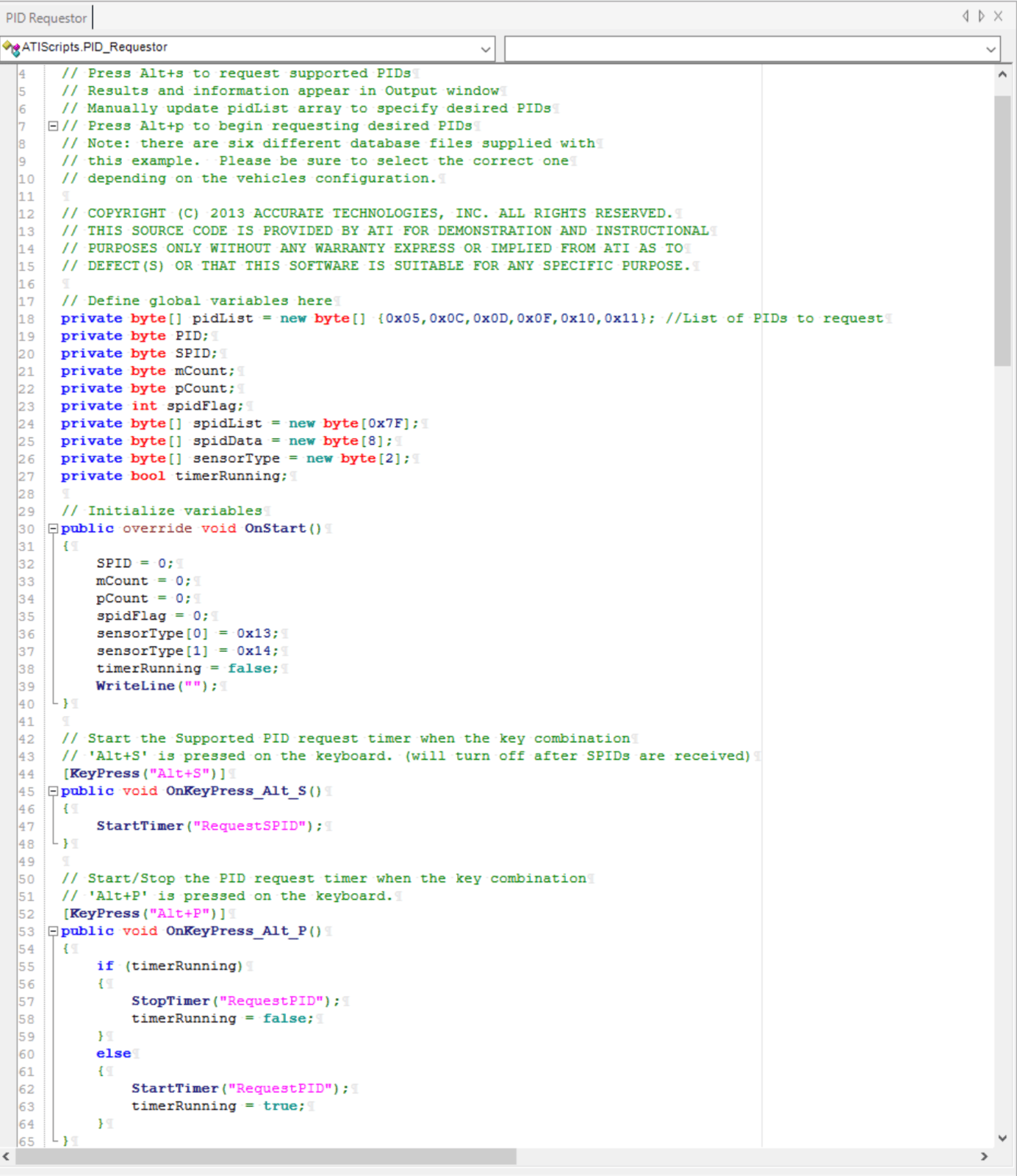In the world of embedded systems and communication networks, scripting is more than just a coding technique—it's a way to automate, extend, and elevate your testing workflows. Whether you're validating messages on a CAN bus, simulating real-time events, or analyzing system behavior, scripting gives you control.
Why Scripting Matters
- Automate repetitive tasks to save time and reduce error
- Respond to dynamic events like incoming messages or signal changes
- Simulate real-world conditions through timed or conditional actions
- Create reusable workflows that scale across teams and projects
- Analyze data in real time without needing to export to other tools
Enter CANLab: Scripting Built-In
- Customizable Script Editor: Syntax highlighting and editor configuration make it easy to write, read, and debug scripts.
- Event-Driven Logic: Trigger functions using On Message Received, On Signal Received, On KeyPress, or On Timer—ideal for creating interactive or automated test scenarios.
- Native Execution: Scripts run directly within CANLab for real-time performance and low-latency response.
- Data Analysis Support: Go beyond basic message handling—use scripts to evaluate signal conditions, generate summaries, and flag anomalies on the fly.
- Portability and Sharing: Save scripts and share them across teams, enabling test engineers to focus on running tests, not building them from scratch.

Build Once, Use Anywhere
One of the most powerful aspects of scripting in a platform like CANLab is the ability to reuse and adapt. Write a script once, and it can be used by multiple groups, across different projects, or even automated into continuous integration workflows. This reduces setup time, standardizes testing, and enhances collaboration.



